What pregnant and breastfeeding women need to know about coronavirus
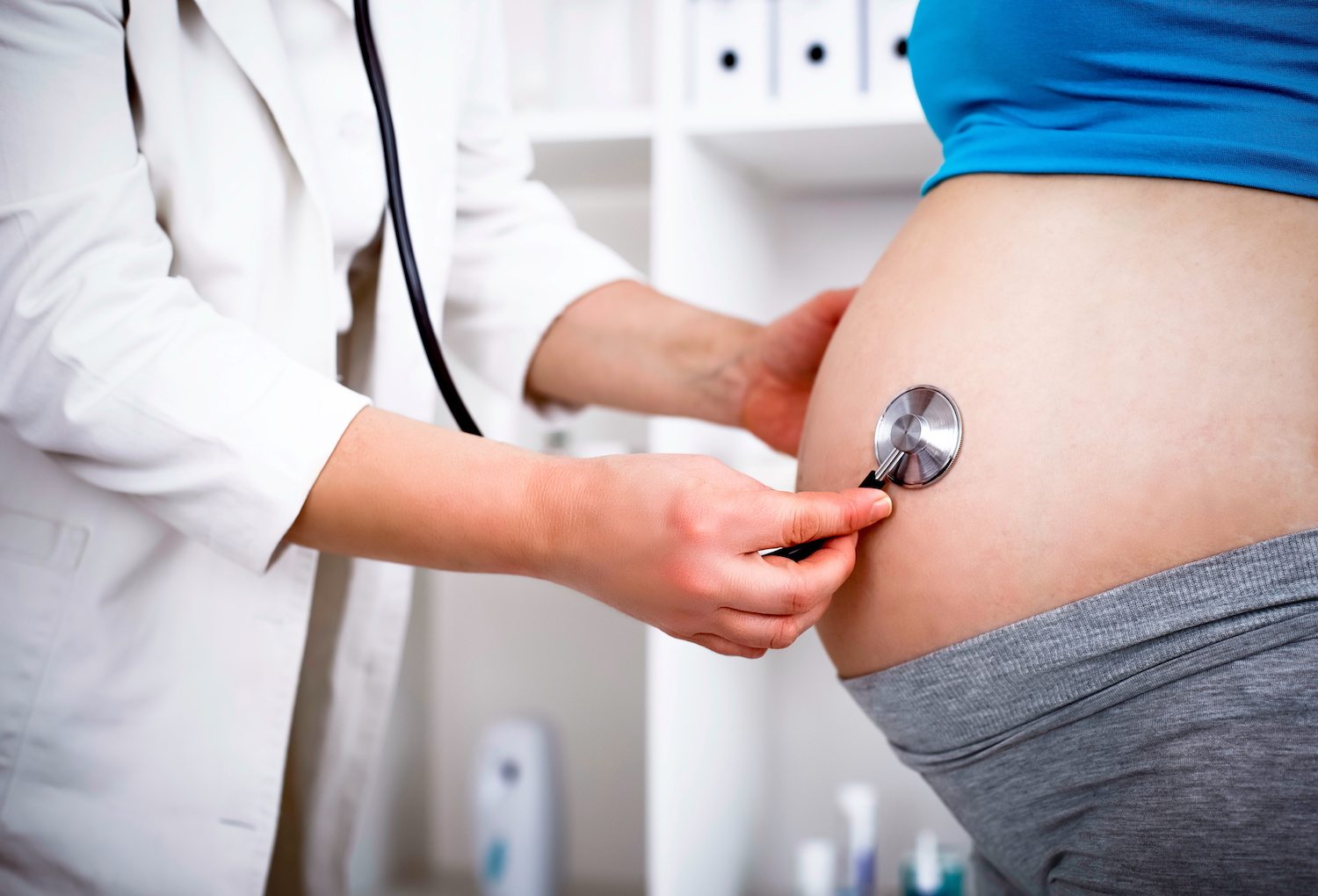
Expectant mothers and moms of newborns are constantly thinking about what’s best for their children. Are they eating the right foods? How can they stay healthy and keep their fetus or newborn thriving? With the recent COVID-19 outbreak, these mothers now have a new set of challenges to consider.
The biggest questions most of these women likely have are: Am I at a higher risk of contracting the coronavirus while pregnant? Can I pass the virus to my unborn child? Can I pass the virus to my baby through breastfeeding?
Health experts don’t have all the answers yet, but are sharing what they know based on early studies and observations of pregnant women, breastfed babies and the COVID-19 virus strain.
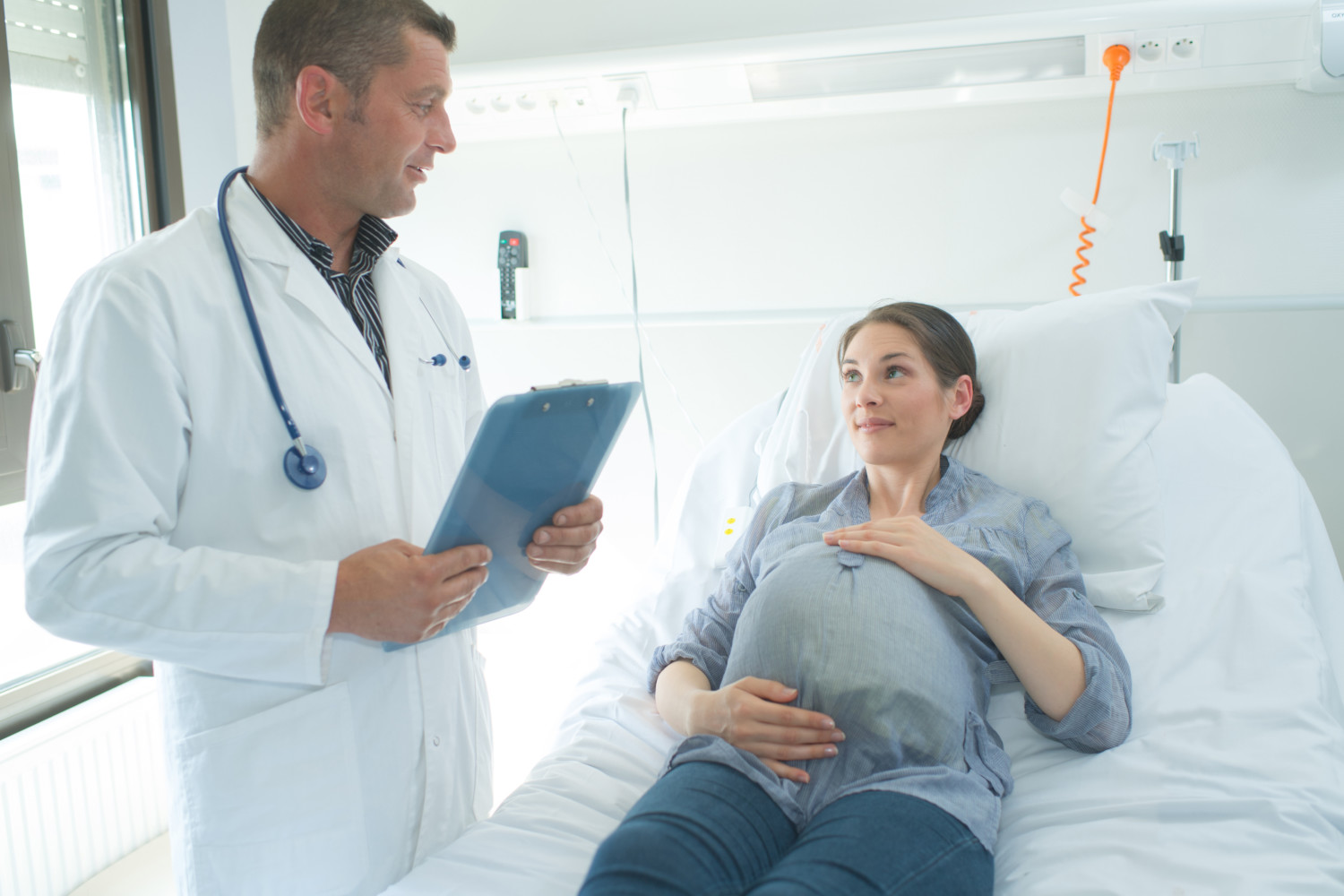
Are Pregnant Women Considered A High-Risk Population For COVID-19?
So far, the news seems good for expectant mothers. The Centers For Disease Control and Prevention shared that while the physical changes that happen in a pregnant women’s body can leave them more susceptible to respiratory illness, COVID-19 does not appear to pose a greater risk than others such as the flu. In other words, pregnant women have always been more prone to getting sick. The coronavirus, officially called SARS-CoV-2, is not yet an exception to this rule, but we need more information to make this determination.
Smart Parenting suggests that pregnant women follow the same rules that are given to the general population for protecting against the coronavirus; their immune systems are suppressed at certain times during pregnancy and pregnancy can make any illness even more uncomfortable. So, expectant moms should wash their hands, clean and disinfect their environment frequently, cover their mouths or use a tissue and discard the tissue paper right away when coughing, and avoid travel or mixing with large crowds.
If you’re pregnant, you should also make sure to boost your health by being up to date on vaccinations, according to the CDC. Diet is also important for staying healthy during pregnancy; make sure to get your vitamins and minerals, drink water, and rest. Should you experience any symptoms, see a doctor right away.
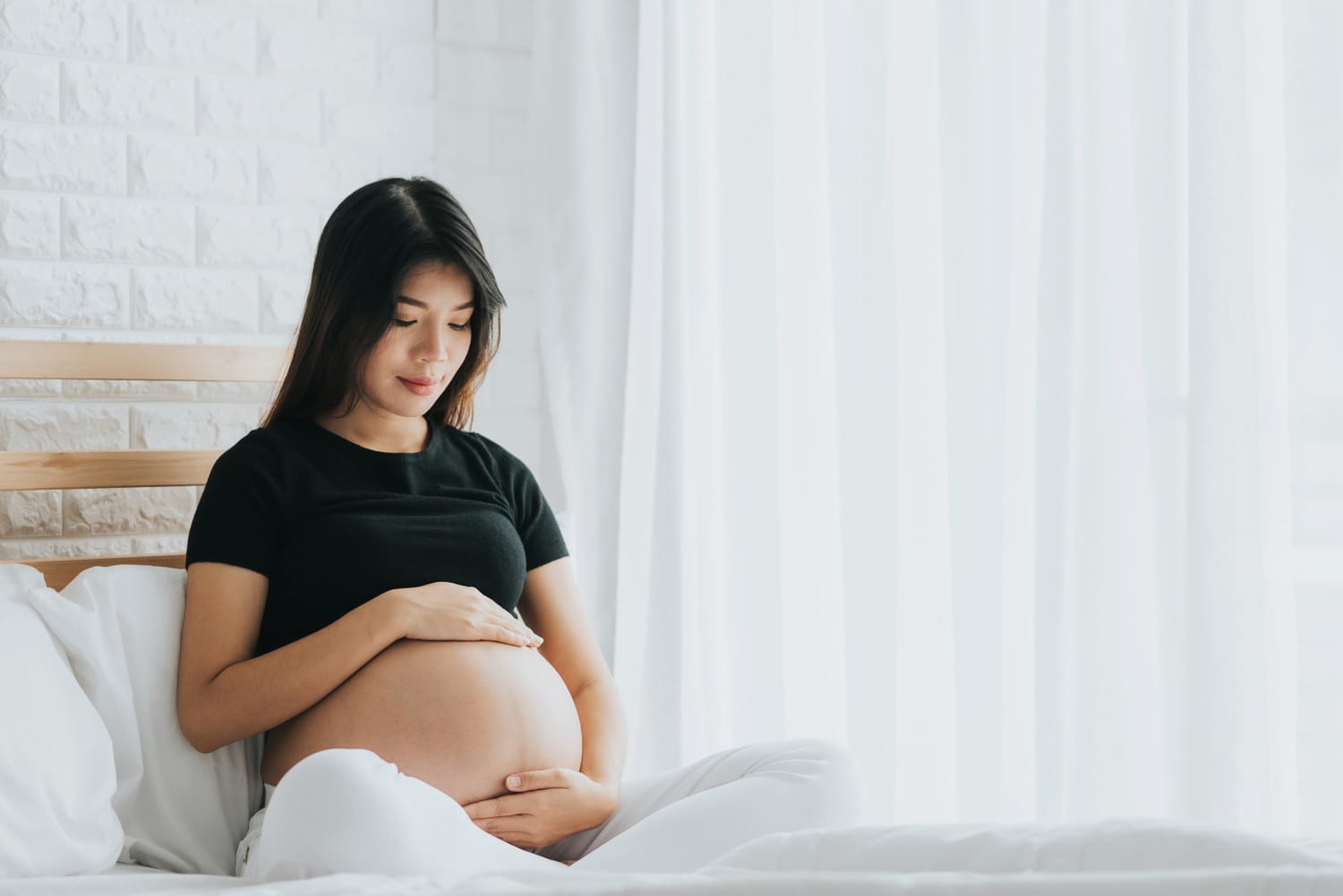
Can A Pregnant Mother Infect Their Unborn Child With COVID-19?
Honestly, it’s a bit too soon to tell, according to most health experts. The CDC and other organizations cite a single research study that took a sample of nine patients from the Wuhan area of China, where the coronavirus is thought to have originated. In that study, all nine pregnant women tested positive for the coronavirus. Each of the women had a third-trimester cesarean section, with seven of them having a fever during the procedure. However, all of the babies that were tested were born healthy and follow-up tests showed no sign of COVID-19.
The American College of Obstetrics and Gynecology says there have been some unsubstantiated reports of newborns testing positive for coronavirus shortly after birth, but there’s no valid data on how the babies were infected.
Some reports of adverse infant outcomes such as preterm birth have been cited in babies born to COVID-19-infected moms; however, preterm birth and other such situations happen with other long-term illnesses, too. Also, any fever during the first trimester can cause complications such as congenital irregularities.
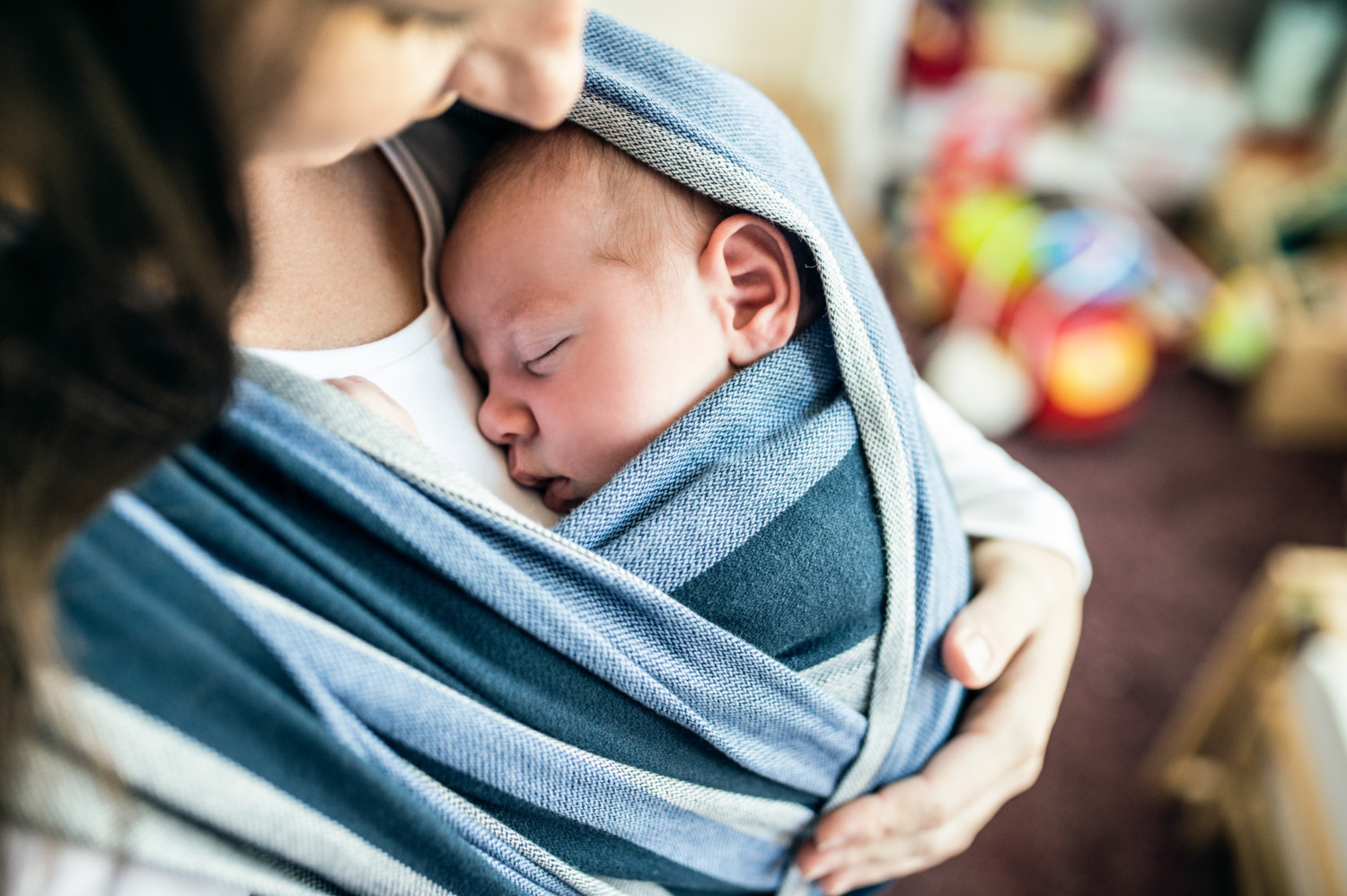
Can A New Mother Pass The Coronavirus To Their Baby Through Breastfeeding?
The good news, to start with, is that children appear to be less susceptible to the virus than adults. The World Health Organization notes that children ages 0-19 have low clinical attack rates of coronavirus.
The study above sheds additional light on the subject, as the women had more tests done on them by the researchers after they gave birth.
“The presence of SARS-CoV-2 was tested in amniotic fluid, cord blood, neonatal throat swab, and breastmilk samples collected from six patients,” the researchers shared in their results. “Neither the Kit recommended by CDC nor our in-house nested RT-PCR assays detected SARS-CoV-2 in these samples.”
The CDC added that not only were no signs of the coronavirus found in breastmilk but “antibodies against SARS-CoV were detected in at least one sample.” This means that the mother’s milk may actually protect a newborn from the virus. However, more studies need to be completed to confirm this hypothesis.
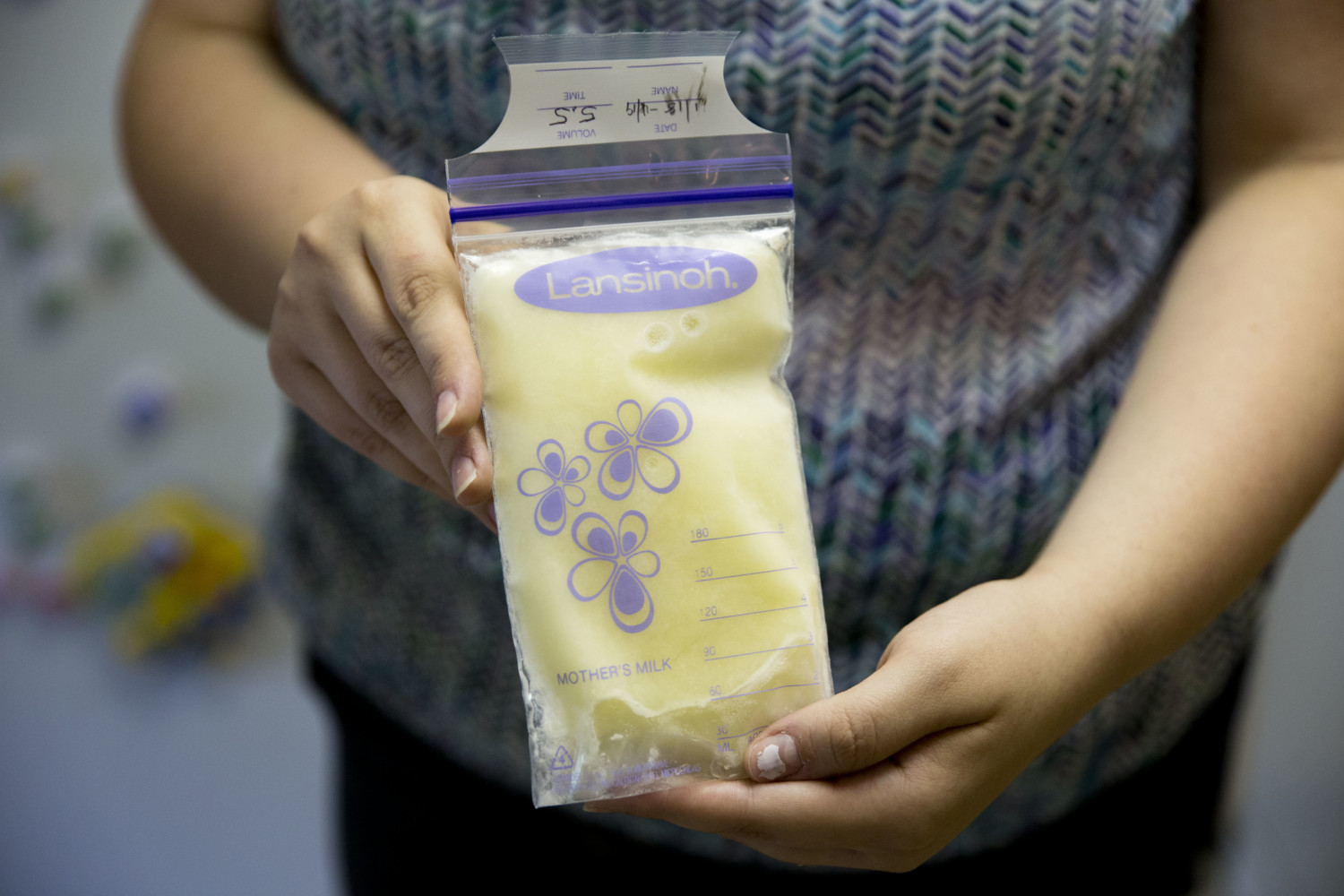
Other organizations confirm these feelings. The Royal College of Obstetricians and Gynaecologists in the U.K. put out a statement that says, “At the moment there is no evidence that the virus can be carried in breastmilk, so it is felt the benefits of breastfeeding outweigh any potential risks of transmission of coronavirus through breastmilk.”
The United Nations Population Fund suggests that moms with coronavirus symptoms take precautions such as wearing a mask during feeding, washing hands frequently before and after contact, and making sure to clean and disinfect surfaces. If you’re too sick to breastfeed, consider giving expressed milk to the baby via a clean cup or spoon, after taking all precautions.
The CDC, World Health Organization and other health agencies around the world will continue to study the effects of the coronavirus and regularly update on their official websites.
Our knowledge of the coronavirus is changing quickly, so you’ll want to keep your eye on the latest information!

